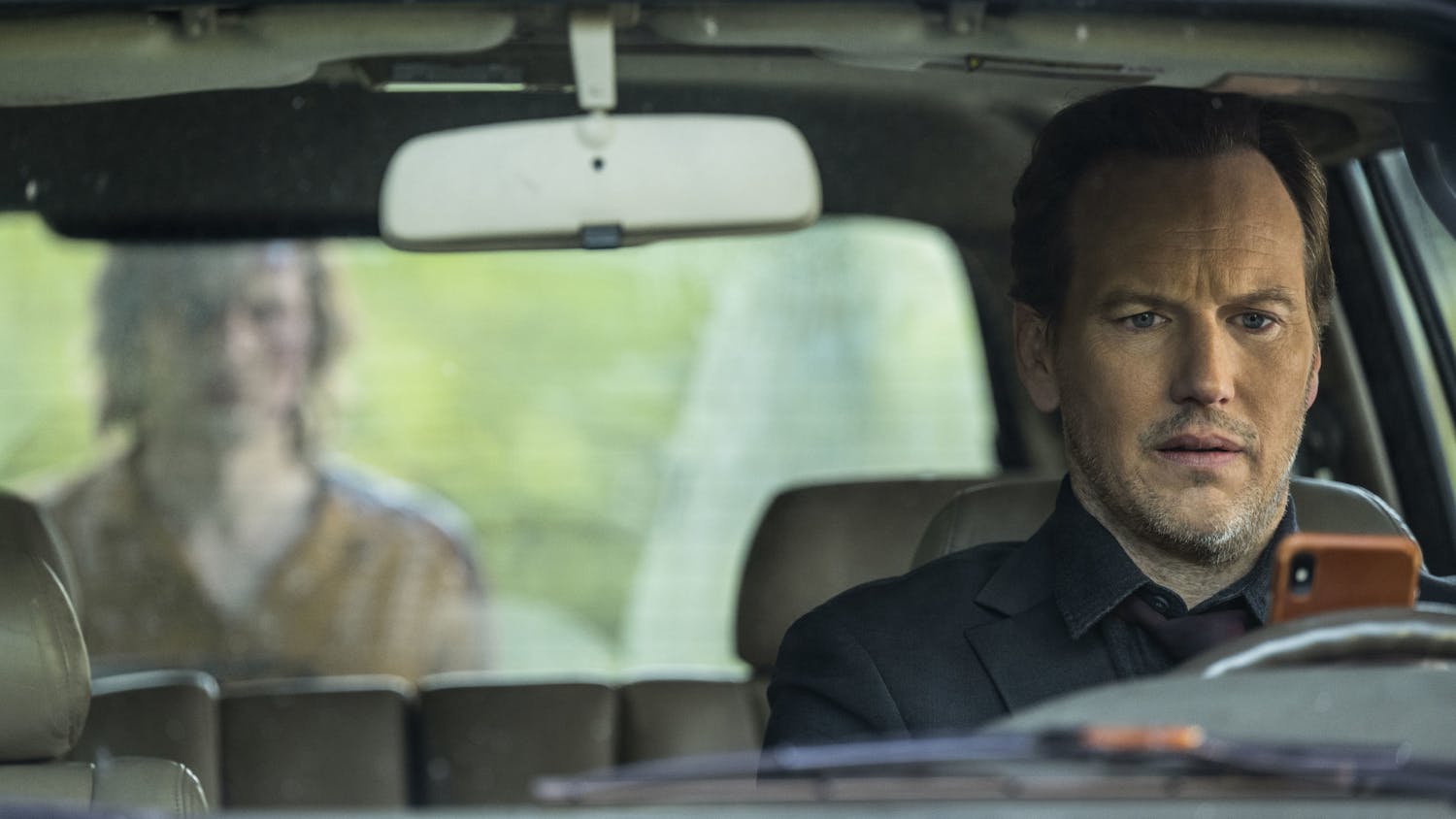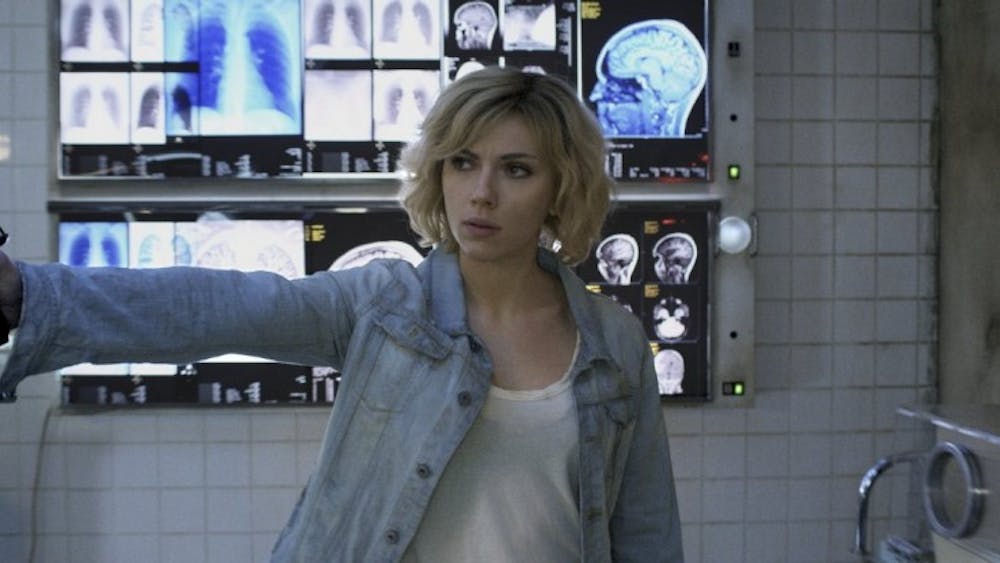It is difficult for a film to have both commercial appeal and artistic integrity nowadays. And it's even more difficult for a novel to be successfully adapted to the big screen. "Love in the Time of Cholera" struggles with both these issues. And while it's fairly enjoyable, it doesn't live up to its precedent set by the novel it's based on.\nLeave it to "Love in the Time of Cholera" author Gabriel Garcia Marquez, the master of magic surrealism, to write "the greatest love story ever told." Florentino, played by Javier Bardem, falls in love at first sight with Fermina (Giovanna Mezzogiorno). The two exchange love letters in their adolescence and telegrams when Fermina's father, played by John Leguizamo, sends her away after finding out about her romance. Eventually, Fermina attempts to believe that the love between her and Florentino was "just an illusion," as her father told her. She returns to the town where she first fell in love and marries a successful doctor, played by Benjamin Bratt. To heal his broken heart, Florentino sleeps with hundreds of women and documents each affair with prose and poems. He still pines for Fermina and says he is waiting to return to her when the doctor dies. Florentino's loyalty is shown as noble and true. The film is set in Colombia at the turn of the 20th century, during a time of disease and war, but this is only shown as a backdrop and serves as an afterthought. \nIt is indeed a sophisticated story, but the Hollywood-ization does not do the novel proper justice. This is not to say that the film isn't an enjoyable flick. It keeps the viewer's attention throughout its entire 139-minute span. But it is just the simplicity of the love story that is isolated. The emotions are captured quite poignantly and passionately. The actual context of the story is only on the surface, however. Then again, critics of the novel originally said the story itself was too simple. \nMy reaction toward this film was not much different from my reaction to "The Notebook." There is an obvious difference between the writings of the author Nicholas Sparks and Marquez. There is a creativity and imagination that no author shares with Marquez. Perhaps this parallel means I'm supposed to see that love in itself is simple and is the same to all humans. But still, there should be a difference between reading Shakespeare and empathizing with Romeo and Juliet and watching Joanie and Chachi on "Joanie Loves Chachi"
Online only: A novel idea
Love in the Time of Cholera (R) Grade: C
Get stories like this in your inbox
Subscribe





